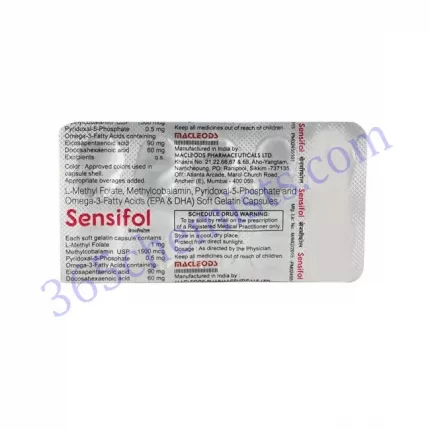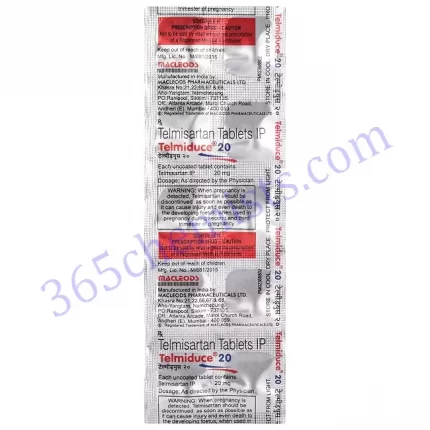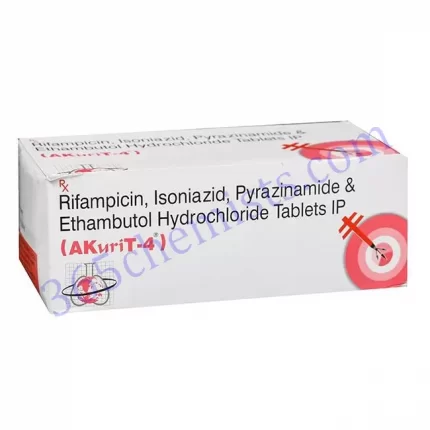Solonex 300mg Tablet (Isoniazid 300mg)
Isoniazid is the active component of the medication that is sold under the brand name Solonex 300mg Tablet. It is primarily utilised in the treatment of tuberculosis (TB), a bacterial infection that is caused by Mycobacterium tuberculosis. This drug is considered to be a member of the class of medications that are known as antitubercular agents. Isoniazid is an antituberculous medication that works by preventing the growth and multiplication of the tuberculosis bacteria, which ultimately helps to bring the infection under control.
Uses of Solonex 300mg Tablet:
For the treatment of active tuberculosis infections brought on by drug-sensitive strains of Mycobacterium tuberculosis, a medication called Solonex 300mg Tablet may be recommended. In most cases, it is administered in conjunction with a number of other antitubercular drugs in order to maximise the efficacy of the treatment regimen. Isoniazid is highly effective against tuberculosis bacteria that can be found in a variety of body locations, including the lungs, lymph nodes, and the brain.
Dosage and Administration:
The recommended daily intake of one Solonex 300mg Tablet may need to be adjusted according to the patient’s age, weight, and general state of health, in addition to the severity of the TB infection. It is essential to ensure that the dosage and administration instructions provided by your healthcare provider are strictly adhered to at all times. To ensure that the medication is absorbed as effectively as possible, the tablet needs to be taken orally, preferably when the stomach is empty, at least one hour before or two hours after a meal.
Your physician may recommend that you take one tablet of the Solonex 300 mg Tablet once daily, but the specific dosing instructions will be up to them. Take the tablet as directed, along with a full glass of water. It is important not to chew or crush the tablet because doing so could compromise the effectiveness of the medication.
Even if your symptoms improve prior to the completion of the recommended duration of treatment with Solonex 300mg Tablet, it is imperative that you continue taking the medication for the full course prescribed by your healthcare provider in order to achieve the best possible results from treatment. If you skip doses of your medication or stop taking it too soon, this could lead to the treatment not working as intended and the development of drug resistance.
Side Effects of Solonex 300mg Tablet:
Solonex 300 mg Tablet, just like any other medication, has the potential to cause certain adverse effects in some people. Nausea, vomiting, loss of appetite, stomach upset, headache, and dizziness are typical adverse reactions that can occur. These unwanted effects are typically mild and short-lived, and they go away once your body becomes accustomed to the medication. However, you should talk to your doctor if any of these side effects continue or get worse after taking the medication they were prescribed for you.
In extremely unusual circumstances, the use of Solonex 300 mg Tablet may result in more serious adverse effects, such as toxicity to the liver. Jaundice, which is a yellowing of the skin or the eyes, dark urine, pale stools, persistent nausea, and abdominal pain are all indicators that there may be a problem with the liver. Additionally, it can result in hypersensitivity reactions, which can manifest as a rash, itching, or swelling of the face, lips, tongue, or throat. These symptoms can be brought on by exposure to the allergen. Seek immediate medical attention if you experience any of these serious adverse effects from the medication.
Precautions and Warnings:
Before beginning treatment with Solonex 300mg Tablet, it is important to discuss any preexisting medical conditions, allergies, or medications that you are already taking with your healthcare provider. Because of the potential impact that isoniazid has on liver function, it is essential that any history of liver disease or alcohol abuse be disclosed.
There is a possibility that the Solonex 300mg Tablet will interact negatively with other medications, including but not limited to antacids, oral contraceptives, and anticoagulants. For this reason, it is absolutely necessary to inform your doctor about all of the medications that you are currently taking in order to prevent the possibility of adverse drug reactions.
Because the safety of this medication during pregnancy and lactation has not been thoroughly established, women who are pregnant or breastfeeding should use the Solonex 300mg Tablet with extreme caution. Before prescribing this medication to you, your healthcare provider will carefully consider both the benefits and the risks associated with it.
Conclusion:
Isoniazid serves as the active component in the antitubercular medication known as Solonex 300mg Tablet. It is effective in treating tuberculosis, which is an infection caused by the Mycobacterium tuberculosis bacteria. Your healthcare provider should be followed in terms of the dosage and the way the medication should be administered. Although it is well tolerated by most people, the Solonex 300mg Tablet has the potential to cause adverse effects such as gastrointestinal disturbances and toxicity in the liver. Isoniazid should be used with caution in patients who have liver disease or who are taking medications that have the potential to interact with isoniazid. Before using this medication, women who are pregnant or breastfeeding should talk to their doctor or other healthcare professional.












